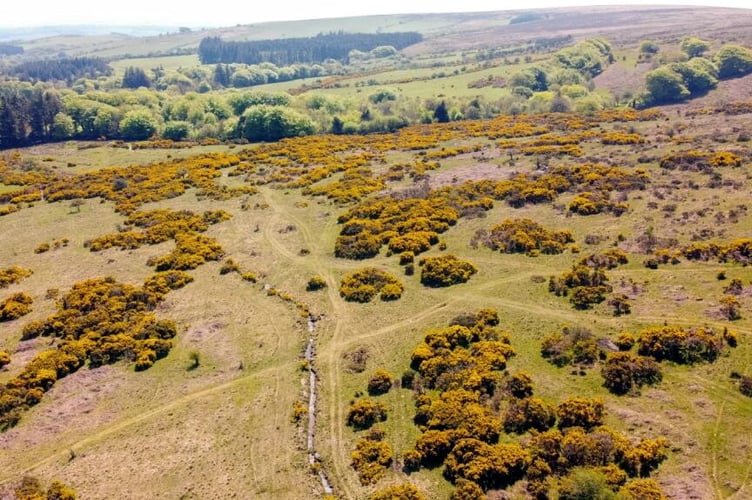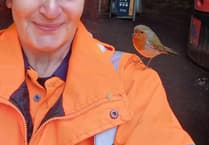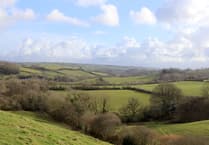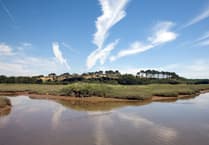Today, leading wildlife organisations, including Devon Wildlife Trust, publish a landmark State of Nature 2023 report. It shows that nature is continuing to decline at an alarming rate across the UK, which is already one of the most nature-depleted countries in the world.
The State of Nature 2023 report shows:
- One in six species is now at risk of being lost from Great Britain
- The wildlife studied has, on average, declined by 19% since monitoring began in 1970
- Most important habitats are in poor condition, though restoration projects have clear benefits for nature, people and adapting to climate change
People’s concern about nature loss, climate change and degraded wild places is a significant voting issue. The Wildlife Trusts are calling on politicians of all parties to commit to an ambitious programme of policies to support nature’s recovery.
Peter Burgess, Devon Wildlife Trust’s Director of Wildlife Recovery, said:
'Devon is famous for its moorlands, rocky coastlines, rivers, Culm grasslands and ancient woodlands. These wonderful places and their wildlife are under threat from pollution, habitat loss and our changing climate. In recent years we’ve lost species such as the ring ouzel and the nightingale, while freshwater pearl mussel, white-clawed crayfish and six-banded nomad bee are close to extinction locally. Many other once common creatures including frogs, hedgehogs and cuckoos are all now in steep decline.
'We desperately need wilder and more natural areas to help wildlife recover, enable nature to adapt to climate change and create healthier, happier, and more prosperous communities. Nature recovery is the answer to so many social challenges and it’s up to our elected representatives to ensure that is reflected in policies ahead of the next election.'
Craig Bennett, chief executive of The Wildlife Trusts, added: The State of Nature report is a stark reminder that politicians must not let nature drop down the agenda – there is far too much at stake. We desperately need better policies that fund nature-friendly farming properly, end the poisoning of lakes and rivers, and create larger wild and more natural areas – including in towns and cities.
'This next parliament is the most important in my lifetime for nature and climate action. The clock is ticking towards the 2030 deadline by which point the UK Government has committed to protect at least 30% of land and sea for nature and to halve the risks posed by pesticides. Nature recovery is fundamental to tackling climate change and improving people’s lives – history will not be kind to politicians that ignore this truth.'
Further details of top five priorities highlighted by The Wildlife Trusts are available here.




